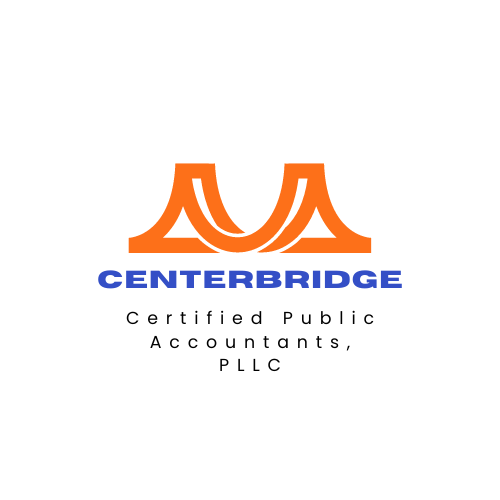Some Basic Accounting Principles for Real Estate Professionals
A professor at the University of Michigan defined accounting as having one essential function: “facilitating the administration of economic activity. This function has two closely related phases: 1) measuring and arraying economic data, and 2) communicating the results of this process to interested parties.”
As an example, you may measure the profit and loss for a month, a quarter, or a fiscal year for your rental property or real estate agency and publish these results in a statement of profit and loss that’s called an income statement.
These statements include elements such as accounts receivable (what’s owed to you) and accounts payable (what you owe). Financial statements can also get complicated with retained earnings and accelerated depreciation. These concepts often require higher levels of accounting than most investors and real estate professionals have themselves.
Much of accounting, though, is also concerned with basic bookkeeping. This process records every transaction; every bill paid, every dime owed, every dollar and cent spent and made. Basic bookkeeping is the foundation of business and financial reporting.
But most real estate professionals are most concerned with the summaries of these transactions in the financial statements. The financial statements summarize your financial condition. However, there are a few exceptions. A value of an asset is what it costs when it is first acquired. In real estate, that may mean that if recorded following Generally Accepted Accounting Principles, or “GAAP,” your balance sheet will potentially understate the asset values. The financial statements also record the source of cash or other obligation that you used to acquire the assets. Some of these will appear as liabilities on the balance sheet in the form of loans that you have to pay back. You also acquire assets with profits retained in the business. The “retained earnings” account measures this reinvestment. The management of these two elements – what you have and how you paid for it – is the essence of accounting.
There is a system for doing this; not every company or individual can devise their systems for accounting; the result would be chaos! That system is known as Generally Accepted Accounting Principles (GAAP). Banks, the IRS, and investors use financial statements to evaluate businesses on an apples-to-apples basis.
Does your business have these basics covered?

Avoid The Critical Financial Mistakes Made By Real Estate Pros
Failing in the financial basics will doom your business. Get our free e-book "The Real Estate Pro's Guide to Financial Success" to see if you are set up for success.

